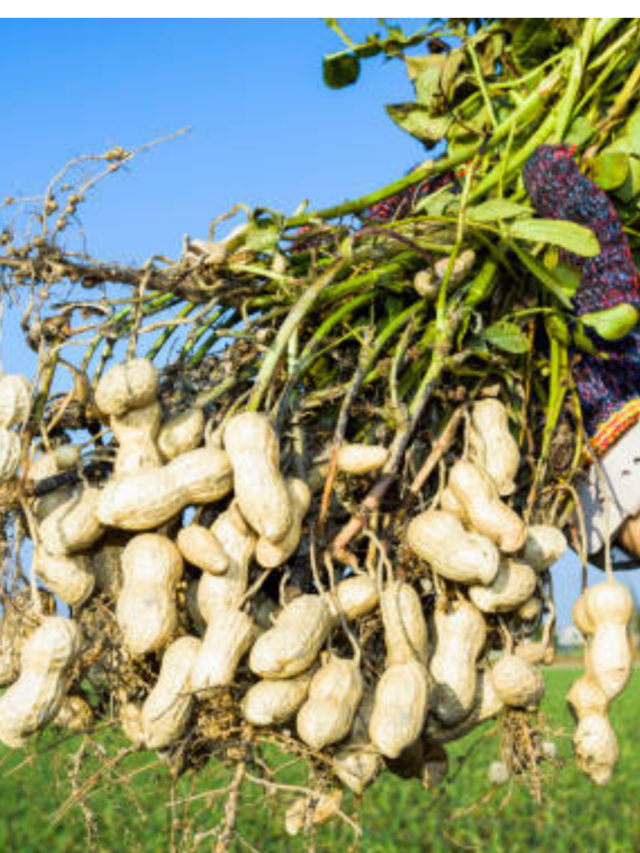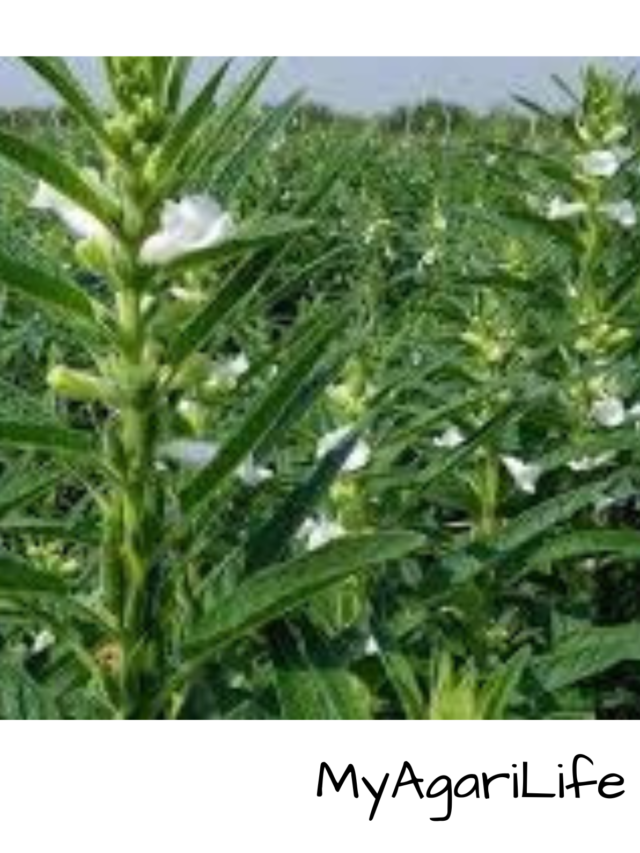Lychee (Litchi chinensis) is a tropical fruit native to China and is also commonly grown in other parts of Southeast Asia, as well as in India, South Africa, and Australia. The fruit is small, round, and has a red, rough, and inedible skin. The flesh of the fruit is white, juicy, and sweet, with a floral scent.

Lychees are typically consumed fresh as a dessert fruit, but they can also be used in various culinary preparations, such as ice creams, sorbets, smoothies, and cocktails. In traditional Chinese medicine, the fruit is believed to have various health benefits, such as improving digestion, relieving coughs, and reducing stress.
Lychees are rich in vitamins and minerals, including vitamin C, vitamin B6, potassium, and copper. They also contain high levels of antioxidants, such as polyphenols and flavonoids, which may help protect against various diseases, including cancer and heart disease. However, it’s important to note that lychees are also relatively high in sugar, so they should be consumed in moderation as part of a balanced diet.
Seed Specification Lychee
Lychee seeds are typically small and oval-shaped, with a hard and shiny brown outer shell. The seeds are located at the center of the fruit, surrounded by the white juicy flesh.
Lychee seeds are not commonly consumed because they have a bitter taste and contain toxins. However, they can be used to grow new lychee trees. To do this, the seeds must be carefully removed from the fruit and soaked in water for several hours to soften the outer shell. The outer shell can then be peeled off, revealing the white seed inside. The seeds should be planted in a moist and fertile soil, in a warm and sunny location. It may take several years for a lychee tree to bear fruit, and the quality of the fruit may vary depending on the variety of the tree and the growing conditions.
Land Preparation & Soil Health Lychee
Land preparation and soil health are crucial factors for the successful cultivation of lychee. Here are some key considerations for preparing the land and maintaining soil health for lychee cultivation:
1.Site selection: Choose a location with well-drained soil, good air circulation, and plenty of sunlight. Avoid areas that are prone to flooding or have high water tables.
2.Soil preparation: Before planting, clear the land of any weeds or debris. Dig the soil to a depth of at least 60 cm to break up any hardpan or compacted layers. Incorporate organic matter, such as compost or well-rotted manure, to improve soil structure and fertility.
3.Soil testing: Test the soil to determine its pH, nutrient levels, and organic matter content. Adjust the pH if necessary to a range between 6.0 to 6.5, which is optimal for lychee cultivation.
4.Irrigation: Lychee requires regular watering, especially during the first few years of growth. Install an irrigation system that provides adequate moisture without waterlogging the soil.
5.Mulching: Mulch the soil around the lychee trees with organic materials, such as straw or wood chips. This helps to retain soil moisture, suppress weeds, and improve soil structure.
6.Fertilization: Lychee requires regular fertilization to maintain soil fertility. Apply a balanced fertilizer containing nitrogen, phosphorus, and potassium in a 2:1:1 ratio every six months.
7.Soil health management: Avoid using chemical pesticides and herbicides that can harm beneficial soil organisms. Instead, use natural pest control methods and crop rotation to maintain soil health.
By following these guidelines, you can prepare the land and maintain soil health for successful lychee cultivation.
Crop Spray & Fertilizer Specification Lychee
Crop spraying and fertilization are essential aspects of lychee cultivation to ensure healthy growth and maximum yields. Here are some key considerations for crop spray and fertilizer specification for lychee:
1.Crop spray: Lychee trees are susceptible to various pests and diseases, such as fruit borers, scales, and powdery mildew. Regular crop spraying with appropriate pesticides and fungicides is necessary to control these pests and diseases. The specific crop spray requirements may vary depending on the location, climate, and pest and disease pressure in your area. Consult with your local agriculture extension office or a certified agricultural consultant for guidance on the appropriate crop spray program.
2.Fertilization: Lychee trees require regular fertilization to maintain optimal growth and fruit production. The specific fertilizer requirements may vary depending on the soil type and nutrient levels, as well as the age and size of the trees. Generally, lychee trees require a balanced fertilizer containing nitrogen, phosphorus, and potassium in a 2:1:1 ratio. Apply fertilizer every six months, starting from the first year of planting. The fertilizer application rate may vary depending on the tree’s age, size, and growth stage. Consult with your local agriculture extension office or a certified agricultural consultant for guidance on the appropriate fertilizer program.
3.Micronutrient application: In addition to the primary nutrients, lychee trees also require micronutrients, such as zinc, iron, and manganese. These micronutrients are essential for healthy growth and fruit production. Apply micronutrient fertilizers as needed, based on soil testing and leaf analysis.
4.Organic fertilizers: In addition to chemical fertilizers, organic fertilizers, such as compost and manure, can also be used to provide nutrients and improve soil health. Apply organic fertilizers in conjunction with chemical fertilizers for optimal results.
By following these guidelines, you can ensure that your lychee trees receive the appropriate crop spray and fertilizer specifications for healthy growth and maximum yields.
Weeding & Irrigation Lychee
Weeding and irrigation are important aspects of lychee cultivation for maintaining healthy trees and optimal fruit production. Here are some key considerations for weeding and irrigation in lychee cultivation:
1.Weeding: Weeds compete with lychee trees for nutrients, water, and sunlight. It is essential to control weeds regularly to reduce competition and ensure healthy growth of lychee trees. Hand weeding and using mechanical tools, such as cultivators and weeders, are effective ways to control weeds. Mulching can also help suppress weed growth around the trees.
2.Irrigation: Lychee trees require regular watering, especially during the first few years of growth. Irrigate the trees based on the soil moisture level, weather conditions, and tree growth stage. It is essential to avoid waterlogging the soil, as this can cause root rot and other diseases. Install an irrigation system that provides adequate moisture to the root zone without waterlogging the soil. Drip irrigation is a popular method for lychee cultivation as it delivers water directly to the roots.
3.Irrigation scheduling: The frequency and duration of irrigation depend on several factors, including soil type, weather conditions, and tree age and size. In general, young trees require more frequent watering, whereas mature trees require less frequent watering. During the dry season or drought conditions, more frequent irrigation may be necessary to maintain adequate soil moisture.
4.Monitoring soil moisture: Regular monitoring of soil moisture is important to ensure that the trees receive adequate water. Use a soil moisture meter or a tensiometer to monitor soil moisture levels. Irrigate the trees when the soil moisture level falls below the recommended range.
By following these guidelines, you can ensure that your lychee trees receive appropriate weeding and irrigation, leading to healthy growth and optimal fruit production.
Harvesting & Storage Lychee
Harvesting and storage are critical aspects of lychee cultivation to ensure high-quality fruit and maximize yields. Here are some key considerations for harvesting and storage in lychee cultivation:
1.Harvesting: Lychee fruits should be harvested when they are fully mature but still firm and plump. The fruit’s skin should be red or pink and easily detachable from the stem. Harvesting is typically done by handpicking the fruit using scissors or clippers.
2.Handling: Lychee fruits are delicate and require careful handling to avoid bruising and damage. Handle the fruits gently to avoid bruising and splitting of the skin. Avoid dropping the fruits or stacking them on top of each other during transportation.
3.Storage: Lychee fruits have a short shelf life and should be stored under appropriate conditions to maintain quality and extend shelf life. The fruits should be stored at a temperature of 0-5°C with a relative humidity of 90-95%. Use proper packaging, such as perforated plastic bags, to prevent moisture buildup and maintain fruit quality.
4.Transportation: Lychee fruits should be transported as soon as possible after harvesting to minimize quality deterioration. Transport the fruits in refrigerated vehicles to maintain the appropriate storage temperature.
5.Post-harvest treatments: Post-harvest treatments, such as washing, waxing, and fungicide treatments, can be used to reduce decay and extend the shelf life of lychee fruits. Consult with your local agricultural extension office or a certified agricultural consultant for guidance on appropriate post-harvest treatments.
By following these guidelines, you can ensure that your lychee fruits are harvested and stored under appropriate conditions, leading to high-quality fruits and maximum yields.
Conclusion
Lychee farming can be a profitable and rewarding venture for farmers in suitable climates. However, successful cultivation requires careful attention to land preparation, soil health, crop spray and fertilizer specification, weeding, irrigation, harvesting, and storage. Lychee trees can take several years to bear fruit, but with proper care and management, they can produce high-quality fruits with good market value. It is important for lychee farmers to keep up-to-date with the latest agricultural practices and technologies and to seek advice from local agricultural extension offices and certified agricultural consultants. With careful planning, hard work, and a commitment to quality, lychee farming can provide a sustainable livelihood and contribute to the local economy.









